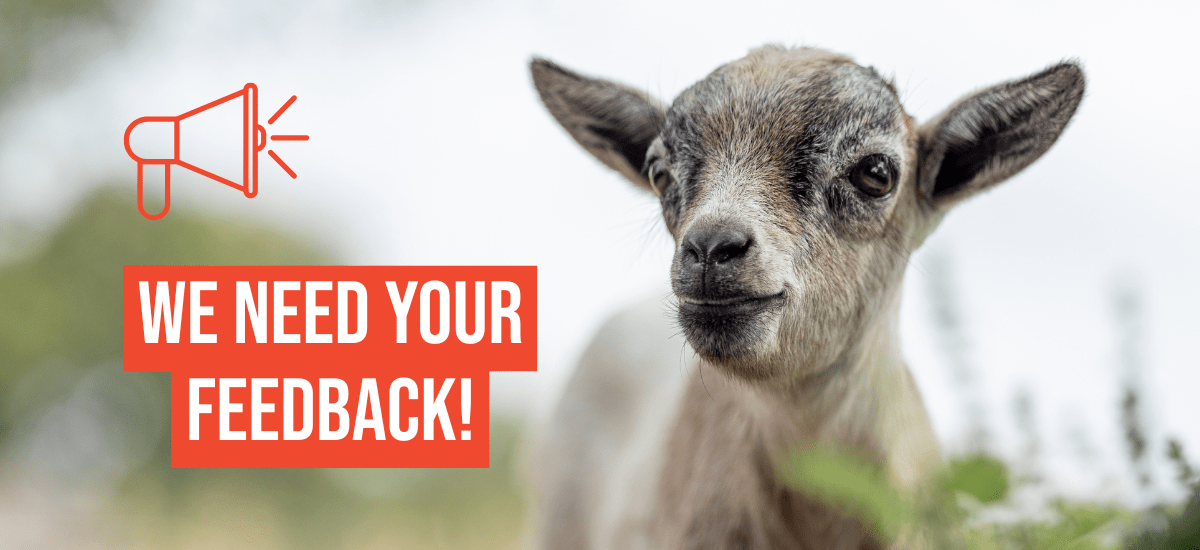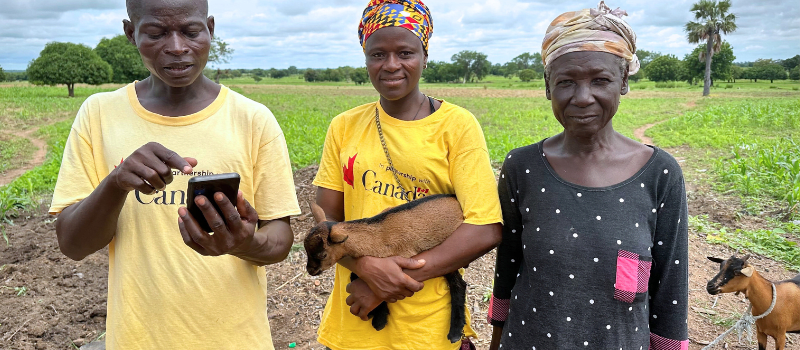People, Practice, and Prevention: Community Sensitization in Rural Senegal
A community sensitization event in rural Senegal offers a window into how local partners and Community Animal Health Workers are building a culture of prevention through dialogue, trust, and repeated engagement under the COHERS program.










